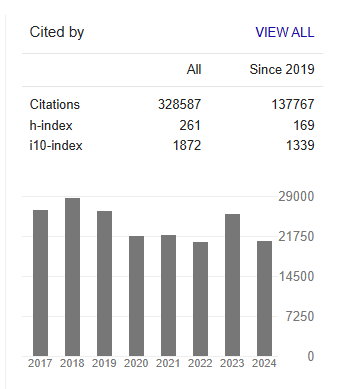Relationships of Chronic Kidney Disease Risks and Five Inputs of Bmi, Whr, Eag, Diet and Exercise Using Viscoplastic Energy Model of Gh-Method: Math Physical Medicine
Abstract
Gerald C Hsu
Chronic Kidney Disease (CKD) exhibits strong associations with both obesity and diabetes. Individuals with obesity are at an increased risk of developing CKD due to factors such as hypertension and inflammation. Diabetes, especially type 2 diabetes, is a well-established risk factor for CKD, as high blood glucose levels can damage the kidneys over time. According to the National Kidney Foundation, diabetes is the leading cause of CKD. Other studies also consistently demonstrate these connections. For instance, a meta-analysis published in the American Journal of Kidney Diseases found a significant association between obesity and the development and progression of CKD. Similarly, research underscores the heightened risk of CKD in individuals with diabetes.
Diabetes is linked to chronic kidney disease (CKD) in over 40%. Pathophysiologically, CKD is directly linked to metabolic disorders, specifically obesity and type 2 diabetes. Additionally, body weight (assessed through both BMI and WHR) and blood glucose levels are closely connected to both diet and exercise.
This particular study explores the author's CKD risks associated with his five inputs, BMI, WHR, eAG, diet (food portion and meal quality) and walking steps, drawing from personal data collected between 1/1/2013 and 11/30/2023.
The author has explored numerous mortality diseases influenced by a combination of metabolic disorders and specific lifestyle factors. However, the waist-to-hip ratio (WHR), reflective of visceral fat (belly fat), has rarely been considered as a significant factor. Therefore, WHR is a newly introduced variable in this analysis.



